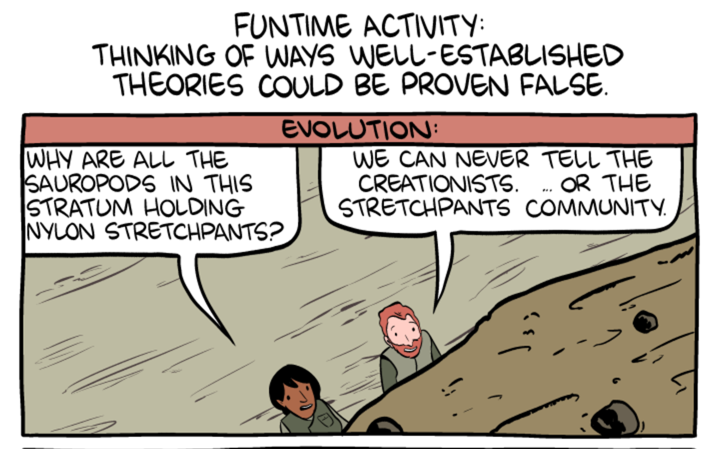Reindeer lore
Yuletide is upon us, so it's time for some more reindeer talk. The guest post below comes from Juha Janhunen, to whom I put the following questions:
Do any of the following ride reindeer? Sami, Lapp, Evenks (or other Siberian people)
How long ago did the Sami, Lapp, Evenks (or other Siberian people) domesticate reindeer?
There's no price of admission to read this post, but a suggested donation, in the spirit of the season and in the tradition of this blog, is that you tell us how to say "reindeer" in your language and perhaps in a few other languages with which you are familiar.
Read the rest of this entry »


